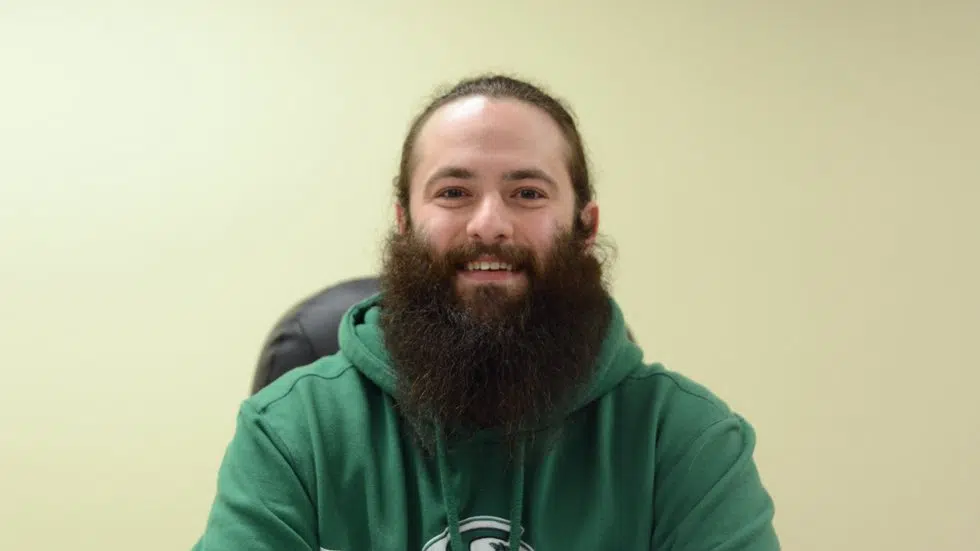
Election 2016: Meet candidate Josh Hunt
The provincial election is on April 4 and The Battlefords constituency has four candidates vying for the MLA seat in Regina.
Josh Hunt is running for the Green Party.
Geoff Smith: First of all, if elected, how would you help the following groups: children under 18, young families, and seniors?
Josh Hunt: Children, I think the answer is education. We need to get these children educated, and we need to remove a cost on education. Because, to say that if you want to be educated you’ve got to have money just doesn’t make sense. Part of the Green Party’s platform is to free education. The more educated people are, the more they succeed. The second was families? That goes into that education as well. To have a job that you’ve been educated to do and do well, you’re going to then have an income and be able to support a family a lot better. We would like to see social programs helping families that need help with anything. That comes into the guaranteed income, guaranteed liveable income for families. So that’s, I don’t know the exact number at this time, but there’s a set amount that, hey, you have a family, you live here in Saskatchewan, we’re going to help you out. And the elderly, they need care too. The idea that we’re just going to, uh, you’ve hit a certain age and we’re just going to kind of forget about you, doesn’t make sense. So are there going to be some private homes for them? Yeah, you know, you can run a business to take care of people. But there needs to be publicly funded homes for these people as well.


